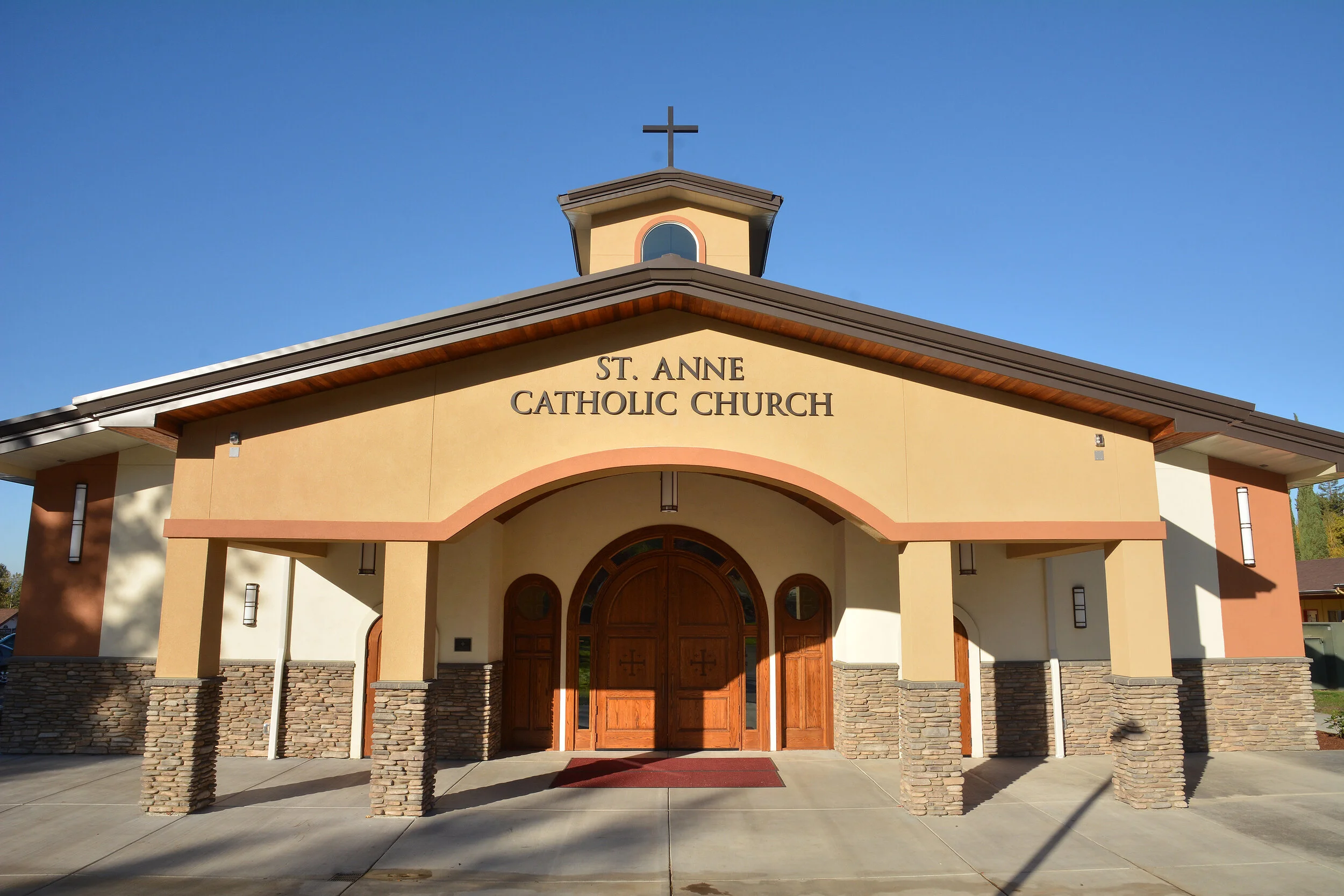Dear Parishioners,
Today, I set out a philosophical/theological reflection about an important topic which we may have forgotten about, but which continues to dominate our culture. What is that, you ask? Pope Benedict XVI nailed it on the head when, prior to being elected pope, he shared:
“We are building a dictatorship of relativism that does not recognize anything as definitive and whose ultimate standard consists solely of one’s own ego and desires.”
This critique may be one of the most accurate descriptions of how we are handling the challenges of 2020. The foundation of this critique is the loss of truth or the complete absence of Truth in our public discourse and mores. It has been on display in our politics, sexual ethics, interactions with friends and families, racial tensions, and even the pandemic. It has shut down our ability to have civil conversations about issues, and substituted our feelings. All too many are ready to abdicate truth for being nice or shut others down with name-calling. Instead of talking about issues, some are more likely to respond with ad hominem (to the person) attacks. The so-called truth of our culture hasn’t set us free, for Truth has become suspect, relativistic, or non-existent.
People have become afraid to speak Truth to reigning ideologies of our time, for fear of losing jobs or losing their lives. Indeed, be careful what you say, you may be maligned on a social network, the evening news, or worse, physically attacked or killed just for asking a question. The news has become too often infotainment or punditry.
We need to root ourselves in the fact that God has given us truths to which we need to submit ourselves and be strong enough to be humble while talking about issues. In the name of peace, the temptation is to just go with the flow. Yet, if we want [true] peace, St. Paul VI wrote, seek out [true] justice (words in brackets added by me). Yet, there are some who prefer violence as a false means to peace. St. Paul VI, St. John Paul II, Mahatma Gandhi, Dorothy Day, and Rev. Dr. Martin Luther King Jr. were among many who sought justice through peaceful means, and their legacies live on as lights in the darkness of the last century. They recognized immutable truths and might be the prophetic voices we need to listen to once again. They were motivated by the truth of the Gospel and not just their egos, power, or fame. Their advocacy for peace and justice through peaceful means came from their understanding of the Beatitudes which Jesus taught (Matthew 5).
The Truth is alive and found in Jesus Christ. He was much more than a prophet or civil rights leader. He is God-incarnate. In order to conform our lives to him, in order to rightly order our lives, we need to submit ourselves to him and what he taught. Clearly Jesus was no relativist. He came to set us free from the sins that bind us and lead us astray. He was not afraid to speak truth to power. He clearly had a mission from which he was not going to be deterred, not even by his fledgling Apostles (remember the “Get behind me, Satan!” response to Peter who tried to stop Jesus from going to Jerusalem and be killed?). Truth must come to rule once again if we ever desire to have peace, and only through Christ and living out his Gospel values will we be able to effect the change that our world so desperately needs.
There are many truths about which most of us agree: The unjust killings that have been highlighted in the news and the ugly sin of racism must come to an end. The violence committed in recent riots does not communicate the truth in any way. Gaslighting or name calling does not bring us closer to each other, but warps our communion with each other. Being intolerant in the name of tolerance is an oxymoron and does not make us a more just society. The relativism which demands a tyrannical standard which destroys is not the Way of Jesus. Yet, if we dare stand up for Christ, we will be accused and accursed as bigots and intolerant people. We must be clear about who we are and what God has created. Our calling as people of love and compassion should never abdicate the Truth found in Jesus. As his followers we are to let our “love be genuine. Abhor what is evil, and hold fast to what is good” (Romans 12:9). Our commitment to the Truth should motivate us to help transform the world in the image of the Kingdom. Pray. Read the Scriptures. Offer yourself as a sacrifice of praise at Mass every week. Go to confession frequently. And finally, put on the calling you have received to be people who belong to Christ Jesus who is the Way, the Truth, and the Life.
Blessings,
Fr. William Holtzinger
Pastor











